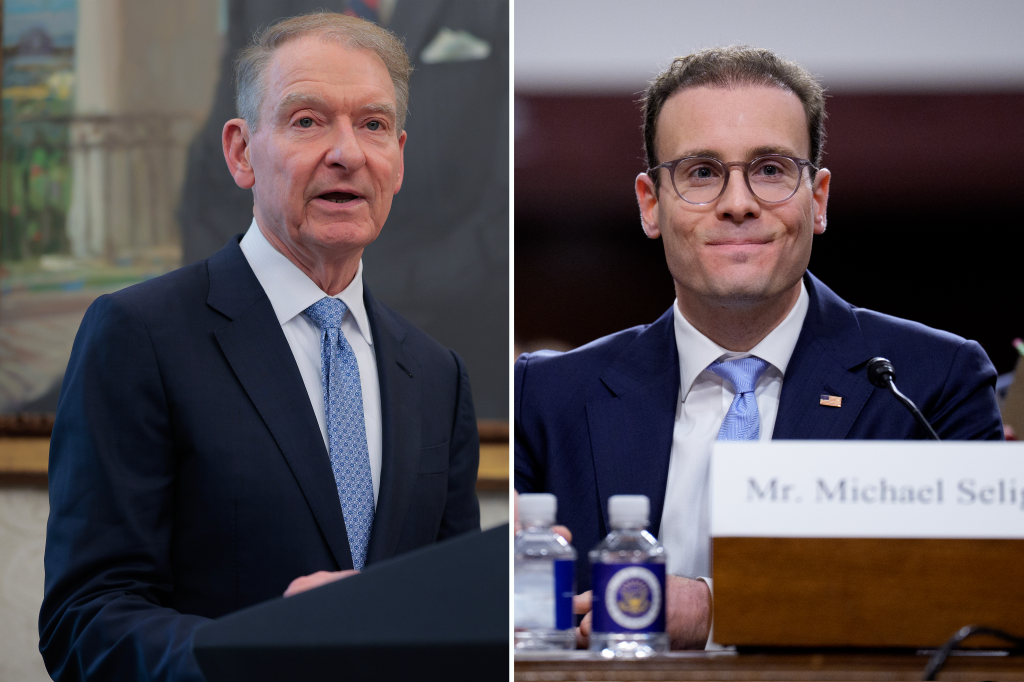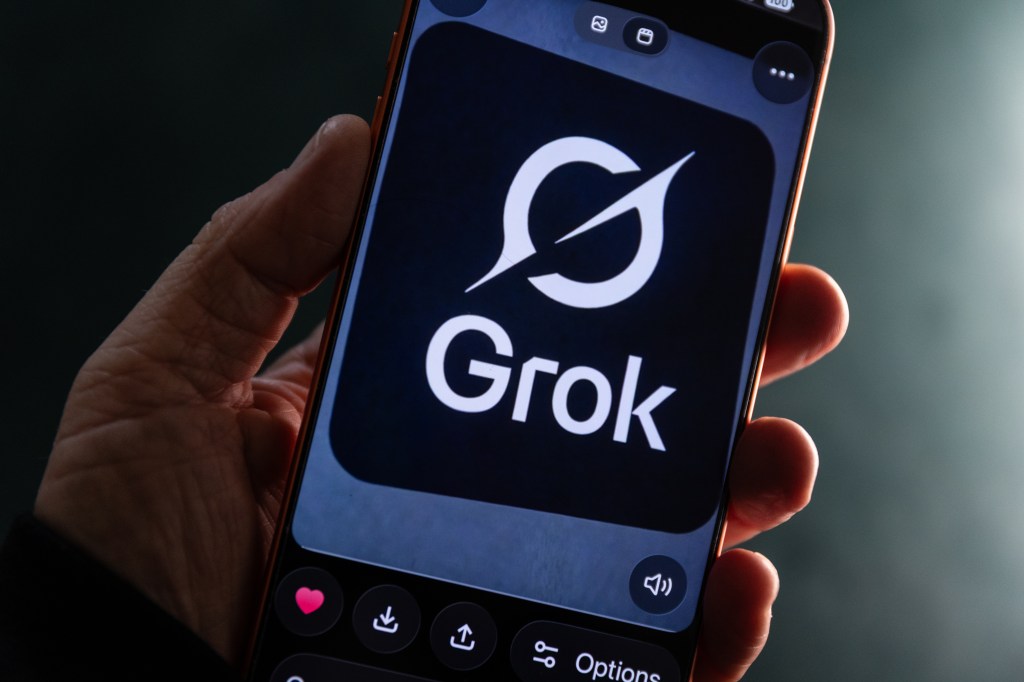The two US antitrust enforcement agencies – the Department of Justice (DOJ) and Federal Trade Commission (FTC) – have released draft guidelines that lay the groundwork for tougher scrutiny of future deals by large companies, particularly Big Tech ones.
The DOJ and FTC said in their joint press release that the goal
Register for free to keep reading
To continue reading this article and unlock full access to GRIP, register now. You’ll enjoy free access to all content until our subscription service launches in early 2026.
- Unlimited access to industry insights
- Stay on top of key rules and regulatory changes with our Rules Navigator
- Ad-free experience with no distractions
- Regular podcasts from trusted external experts
- Fresh compliance and regulatory content every day













